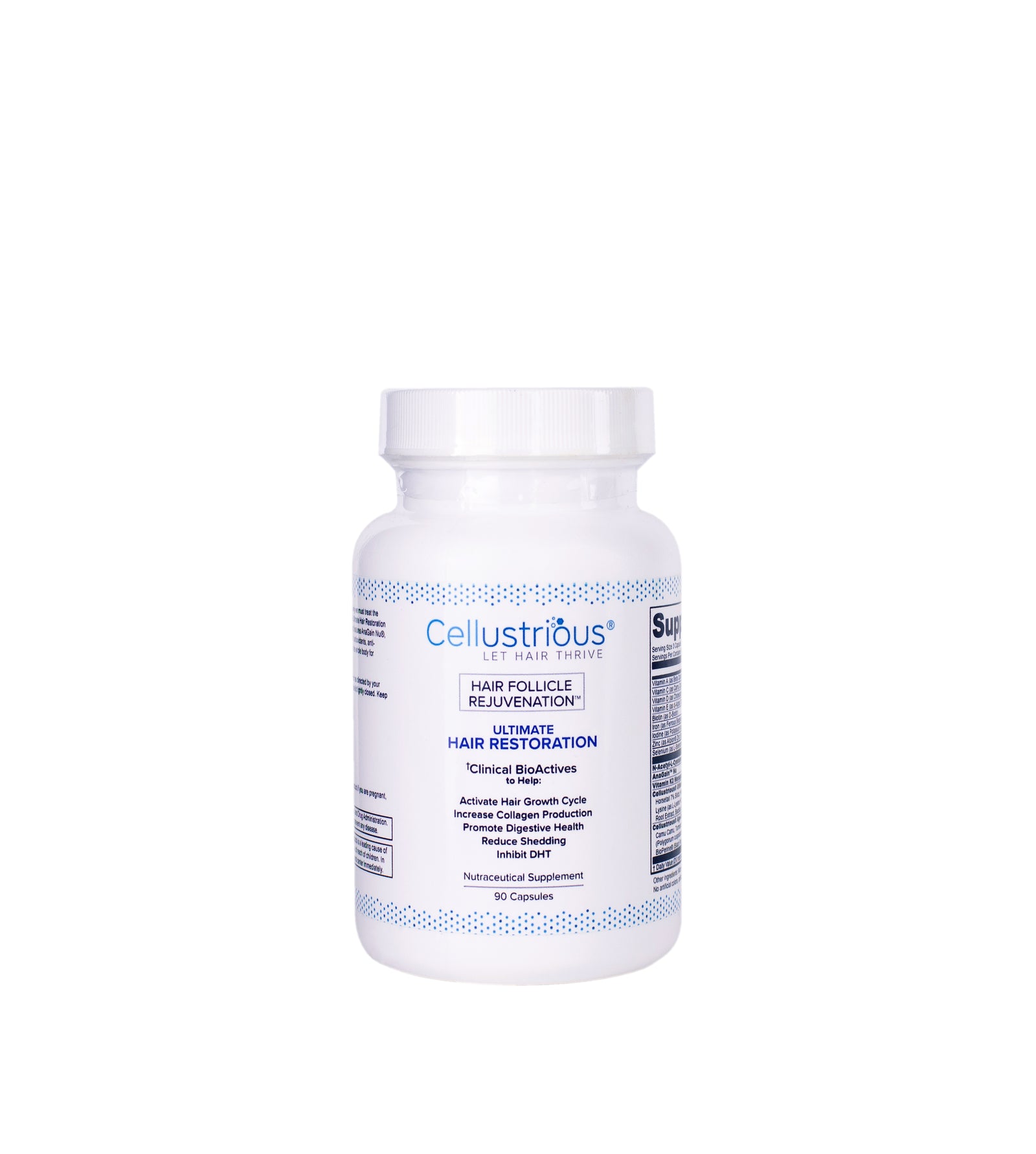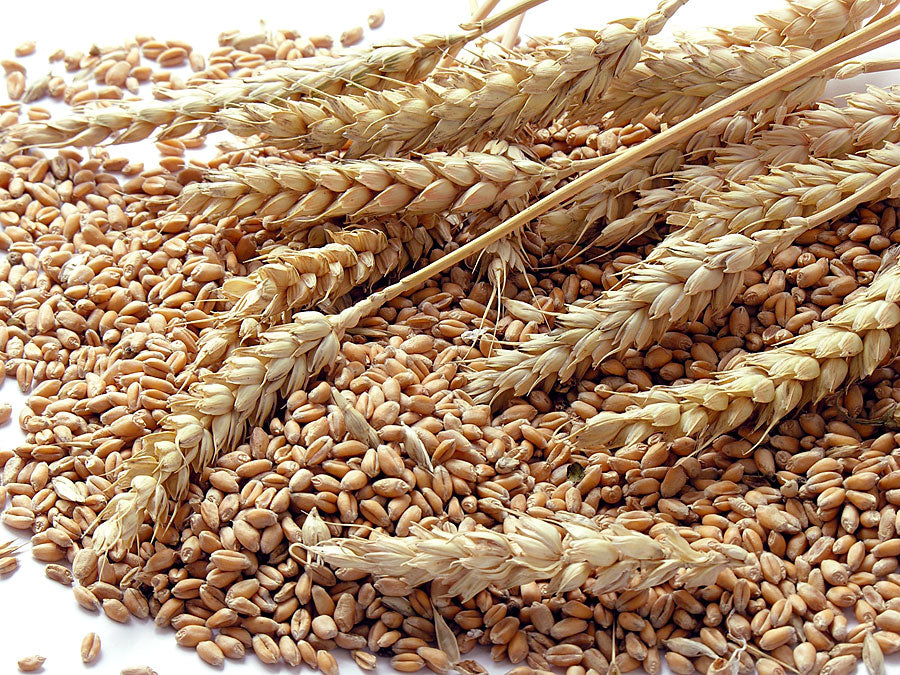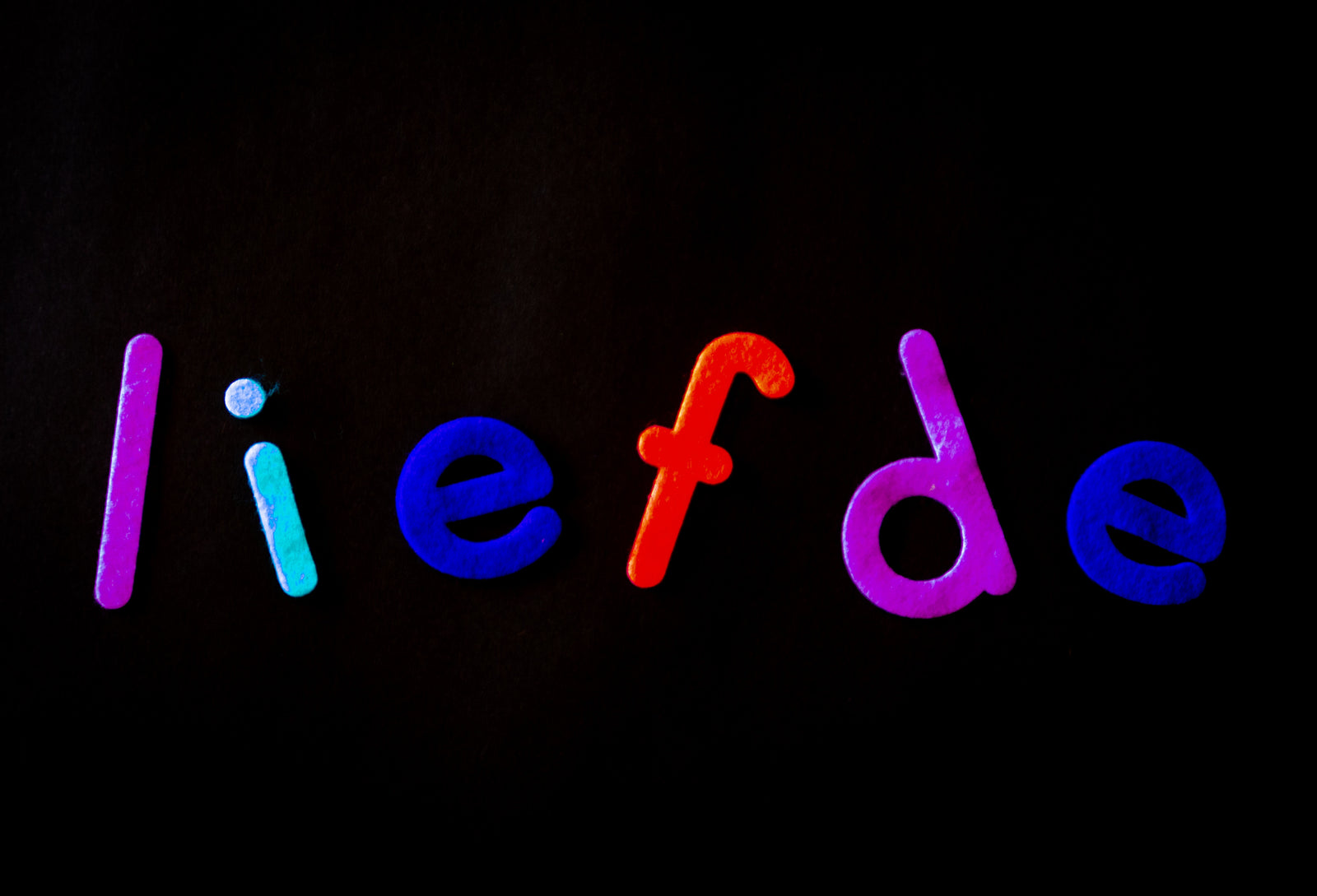GMO’s Are Linked to Many Medical Problems
One long-term GMO study from Russia researched hamsters that were fed genetically modified food for two years, over three generations. By the third generation, most of the hamsters grew more slowly, were infertile, and had high infant mortality rates.
Another study showed that rats on a GMO-corn diet developed early-life liver and breast cancer, with 70% of the female rats dying prematurely (versus 20% in the control group).
Okay, you say, GMO’s have only been around since 1996, buthair loss has been happening for eons, what’s the connection?
GMO’s + Thyroid Dysfunction + Inflammation = Potential Hair Loss
GMO’s can partially drive low-level, systemic inflammation. GMO’scontain altered protein structures. Modified soy and corn have proteins that can induce a toxic or allergenic-like responses in humans. When we ingest something that is toxic or allergenic, inflammation is the first response in the affected areas.
Studies show that overconsumption of GMO’s can – through tumor generation – disrupt hormone balance,causing reproductive disorders and infertility. These are endocrine systemfailures, and our endocrine system is largely powered by our thyroid.
It’s estimated that 75% of processed foods contain genetically modified ingredients. One of themain sources of GMOs come from grains.
Gluten’s Effect on the Thyroid for HairLoss
Gluten – aprotein found in wheat, barley, and rye – can lead to an attack on our thyroid, through a component found in gluten, known as gliadin. Gliadin is a set of proteins which closely resemble our thyroid gland.
Can Grains Cause Hair Loss? When we digest grains, the fibrous parts of the grains scrub against our intestinal walls, creating micro-tears inthe cells lining. This allows for certain nutrients and minerals to seep into the bloodstream – anormal part of the digestive process. When we consume the right amount of fiber, it feeds our gut bacteria, and creates small tears in the intestinal walls, allowing for some permeability of the nutrients and minerals into the bloodstream.
However, if we eat too much fiber, it can cause damage to the intestinal walls, allowing unwanted parasites, bacteria, viruses, and larger protein molecules into our digestive tract. Gliadin is one of those proteins. Too much grain consumption increases gut permeability, creating more interaction between the blood stream and the foods we digest. When we eat gluten-containing foods, gliadin can enter the blood stream.
Because gliadin isn’t supposed to be in out blood stream, our body reads it as an invader, and produces antibodies to attack it. Since gliadin is so structurally similar to the thyroid gland, our body inadvertently begins to attack the thyroid tissue.
Suppression of the thyroid and can lead to a form of hypothyroidism,known as Hashimoto’s, an autoimmune disorder where the thyroid isattacked by our own antibodies. Hashimoto’s is estimated to be responsible for 90% of U.S. hypothyroid cases.
If gliadin makes its way to the bloodstream, it attacks the thyroid, increases hormonal imbalance, contributing to calcification and fibrosis, which precedes hair loss.
Can Reducing Calcification Stop Hair Loss?
While studies are on-going, there is evidence showing that calcification and fibrosis, which can be impacted byour diets(and many other controllable factors)can contribute to the cascade of reactions in the body that lead to hair loss.
In many of the clients I have treated, fibrosis is a problem, whether it be from dermatitis, post-transplant scarring, miniaturization caused by DHT, or generally unhealthy scalps. Can Grains Cause Hair Loss? I have found that treatments designed to reduce/eliminate scalp fibrosis and collagen issues are critical to reactivating dormant hair follicles.













